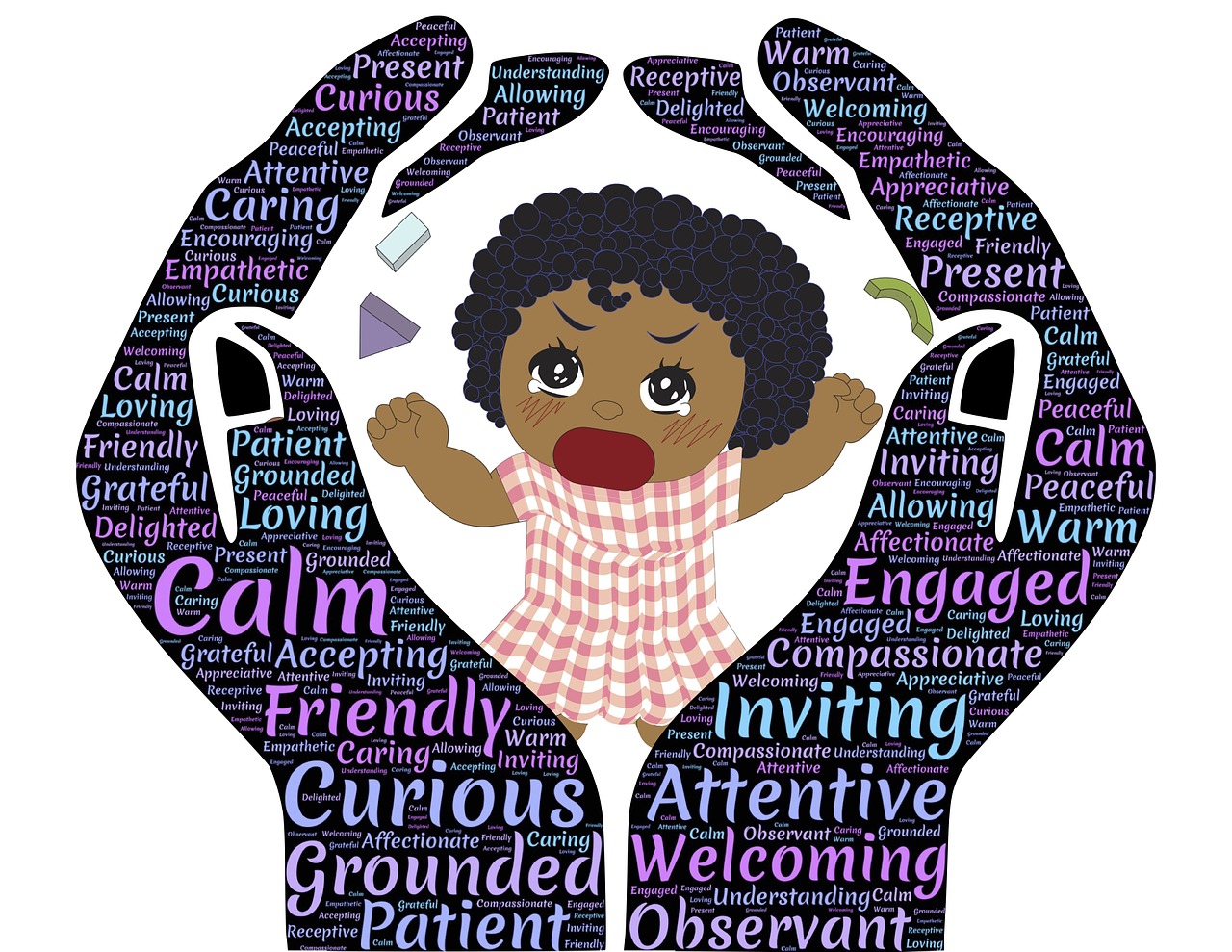What is Oppositional defiant disorder (ODD)?
All children are oppositional from time to time, particularly when tired, hungry, stressed, or upset. They may argue, talk back, disobey, and defy parents, teachers, and other adults. Oppositional behavior is a normal part of development for two to three year olds and early adolescents. However, openly uncooperative and hostile behavior becomes a serious concern when it is so frequent and consistent that it stands out when compared with other children of the same age and developmental level and when it affects the child's social, family, and academic life.
Oppositional Defiant Disorder Statistics
Oppositional defiant disorder is one of the most common behavioral disorders in children. It is estimated that about 10.2% of all children will develop ODD, but the true prevalence of its existence is still debated amongst professionals. It has been said that, prior to the onset of puberty, ODD is more prevalent in boys than it is in girls. However, once puberty has been reached and surpassed, the number becomes more equivalent between the sexes, with the condition being said to occur in about 11% of boys and 9% in girls. Girls, however, tend to display the symptoms of ODD differently than boys will.
In children with Oppositional Defiant Disorder (ODD), there is an ongoing pattern of uncooperative, defiant, and hostile behavior toward authority figures that seriously interferes with the child's day to day functioning.
Causes and Risk Factors for ODD
The specific causes that might be attributed to the onset of ODD cannot be narrowed down to any one specific factor. It is widely believed that a combination of factors work together towards causing a person to develop the symptoms of oppositional defiant disorder. The following are some examples of various causes and factors that may play a role in the development of ODD:
Genetic:
It is common for children who are diagnosed with ODD to have family members who also suffer from various mental illnesses. Such illnesses can include mood disorders, personality disorders, and anxiety disorders. This fact suggests that there is most likely a genetic component that leads a person to be more susceptible to developing oppositional defiant disorder, as opposed to a person who has not next been exposed to the same type of genetics.
Physical:
The presence of oppositional defiant disorder traits have been linked to the existence of abnormal amounts of certain brain chemicals. These brain chemicals, known as neurotransmitters, work towards helping to keep the brain chemicals themselves balanced properly. When an imbalance exists, and messages are suddenly unable to communicate properly with other aspects of the brain, symptoms of ODD may occur.
Environmental:
The environment in which a person is raised can have a significant effect on whether or not he or she may fall in to the symptoms of oppositional defiant disorder. If a child is surrounded by a somewhat chaotic home life (where violence, arguments, and other forms of general discord) are prevalent, it would not be unreasonable to assume that the child could begin acting out at as a result. Similarly, if children are exposed to violence or have friends who behave in destructive, reckless manners, those children too are more likely to begin displaying behavioral symptoms that correlate with the onset of ODD.
ODD Risk Factors:
Familial discord
Dysfunctional home life
Exposure to violence
History of mental illness within the family
Exposure to substance abuse
Inconsistent parenting (inconsistent discipline, inconsistent interaction, etc.)
Abuse / neglect
Symptoms of Oppositional defiant disorder (ODD)
Frequent temper tantrums
Excessive arguing with adults
Often questioning rules
Active defiance and refusal to comply with adult requests and rules
Deliberate attempts to annoy or upset people
Blaming others for his or her mistakes or misbehavior
Often being touchy or easily annoyed by others
Frequent anger and resentment
Mean and hateful talking when upset
Spiteful attitude and revenge seeking
The symptoms are usually seen in multiple settings but may be more noticeable at home or at school. One to sixteen percent of all school-age children and adolescents have ODD. The causes of ODD are unknown, but many parents report that their child with ODD was more rigid and demanding than the child's siblings from an early age. Biological, psychological, and social factors may have a role.
Oppositional Defiant Disorder Treatment with Therapy
Counseling for ODD should include both the patient and his or her family members, and it should emphasize strategies that the family can use to cope with defiant behaviors.
Remember, people with ODD are neurologically hard-wired to defeat and thwart people in roles of authority. They have no intention of cooperating in any therapeutic process.
Individual Cognitive-Behavioral Therapy
Individual therapy teaches people with ODD a series of techniques for managing anger, controlling emotions, and solving problems. It can provide positive alternative behaviors to replace defiant ones. This type of therapy works best when it begins early in life, when family and social interactions aren’t ingrained and difficult to change.
Family and Parent Training Programs
Parent- and family-training programs are built on the premise that children behave badly when they realize that doing so gets them what they want. Say your child throws a fit when you ask him to turn off a video game; if you give in even once, he learns that he will sometimes succeed. Parent training teaches caregivers what to do in these stressful, exhausting moments to avoid setting a precedent that will encourage more bad behavior.
Parents learn to change their reactions to a child’s behavior – good and bad. They learn to demonstrate and define their expectations, and then give well-defined rewards and praise when their child behaves accordingly – or consistent consequences when the child doesn’t.
Collaborative Therapeutic Services (CTS) seeks to maximize clients’ options by offering a variety of services, hours, and service providers with diverse specializations. We offer evening & weekend appointments. Have questions? Contact Us Here or Call 813-951-7346. Located in Tampa, Florida.

